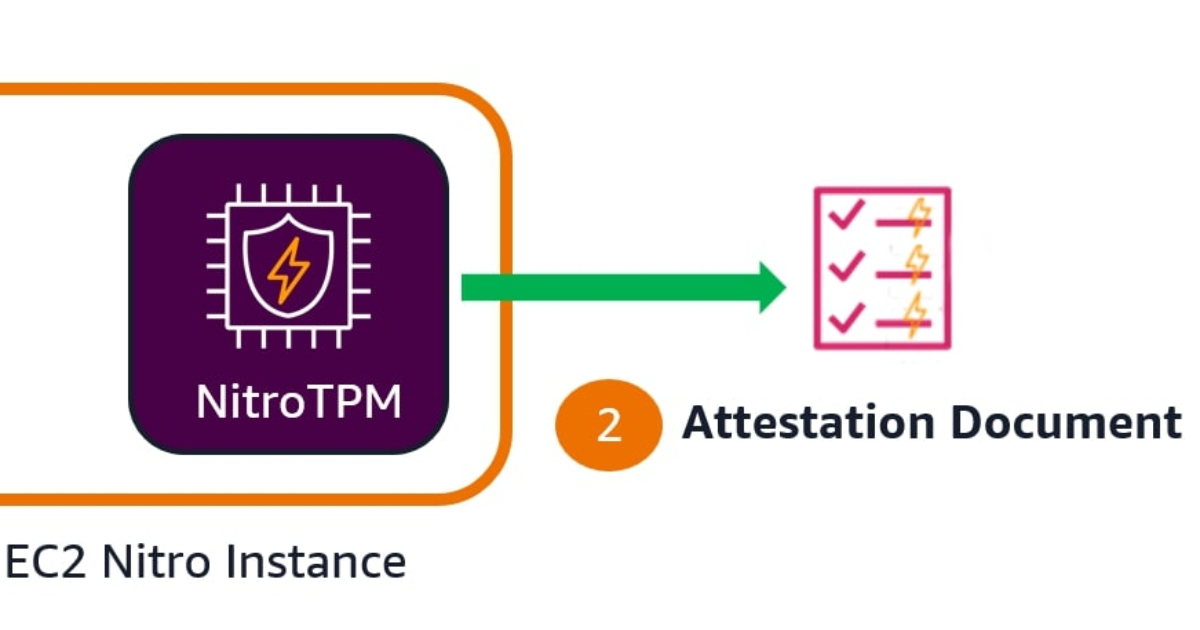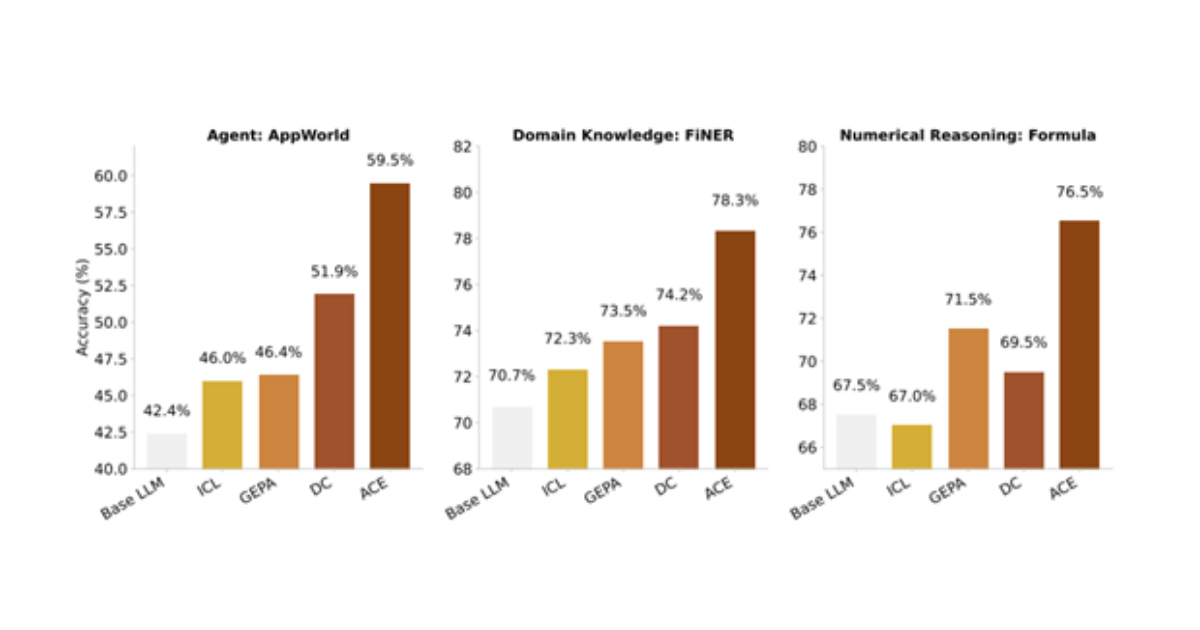Codetown
Codetown ::: a software developer's community
GatorJUG October Meeting
A good time was had by all at last night's GatorJUG meeting. Kevin Neelands discussed Android Design Patterns in the context of his recent work on the job with an Android app. The lessons learned he presented were not just interesting but huge timesavers for him. They also dramatically increased app performance. Here's a photo of Kevin:
We had a couple of folks who work at local shop Infinite Energy attend. Here Curtis McMillen describes the Observer pattern:
Hopefully, Curtis will give a presentation soon on some features he's particularly impressed with that are now part of the Java 7 distro. Stay tuned.
A good time was had by all. Thanks, Kevin!
Tags:
Replies to This Discussion
-
Permalink Reply by Kevin Neelands on October 11, 2012 at 8:23am
-
After Curtis talked about the new features in Java 7 I went home, got on Amazon and ordered a book on it. Sounds like exciting stuff!
-
-
Permalink Reply by Michael Levin on October 11, 2012 at 8:47am
-
What book did you order? Nice job last night. Thanks!
-
-
Permalink Reply by Kevin Neelands on October 13, 2012 at 1:38pm
-
Well, I ordered a Java 7 advanced featues cookbook but it turned out that was not really what I wanted. So I just got on amazon and searched specifically for java annotations and found 2 books the reference dependency injection in their description. I enjoyed giving the talk, even tho the audience knew the topic I felt I got a couple new things across, the questions afterwards helped me explain the parts I kinda glossed over, and Curtis building on it by explaining the latest java has intrinsic support for the observer design pattern was a learnin experience for us all.
-
-
Permalink Reply by Curtis McMillen on October 15, 2012 at 12:07pm
-
I wouldn't say I "knew" the topic, maybe I was very familiar with it. :) But even still, there's always something to learn. For me, it was inner classes. I know what inner classes are and I've even used them a number of times without ever stopping to ask why? What are they good for and when is it appropriate/inappropriate to use them? What effects do they have on memory vs non-inner classes? I ended up going home and digging deeper on inner classes and I actually found some pretty interesting things that I'll be blogging about pretty soon. So thanks!!
Kevin Neelands said:Well, I ordered a Java 7 advanced featues cookbook but it turned out that was not really what I wanted. So I just got on amazon and searched specifically for java annotations and found 2 books the reference dependency injection in their description. I enjoyed giving the talk, even tho the audience knew the topic I felt I got a couple new things across, the questions afterwards helped me explain the parts I kinda glossed over, and Curtis building on it by explaining the latest java has intrinsic support for the observer design pattern was a learnin experience for us all.
-
-
Permalink Reply by Michael Levin on October 16, 2012 at 7:40am
-
Curtis, Thanks again for the excellent contribution to the meeting. And, we are pumped about your JEE6/CDI presentation next month!
-
Notes
Welcome to Codetown!
 Codetown is a social network. It's got blogs, forums, groups, personal pages and more! You might think of Codetown as a funky camper van with lots of compartments for your stuff and a great multimedia system, too! Best of all, Codetown has room for all of your friends.
Codetown is a social network. It's got blogs, forums, groups, personal pages and more! You might think of Codetown as a funky camper van with lots of compartments for your stuff and a great multimedia system, too! Best of all, Codetown has room for all of your friends.
Created by Michael Levin Dec 18, 2008 at 6:56pm. Last updated by Michael Levin May 4, 2018.
Looking for Jobs or Staff?
Check out the Codetown Jobs group.
InfoQ Reading List
Bring Your Own Key (BYOK): AWS IAM Identity Center Adopts CMKs to Meet Enterprise Compliance Needs

AWS IAM Identity Center now supports customer-managed KMS keys (CMKs) for encrypting identity data at rest. This enhancement offers organizations complete control over their encryption keys, ensuring granular access management, robust auditing via AWS CloudTrail, and improved compliance for regulated industries. It’s a key evolution for data sovereignty in the cloud.
By Steef-Jan WiggersAWS Introduces EC2 Instance Attestation

AWS has introduced EC2 instance attestation, a new security feature that enables customers to verify that their virtual machines are running approved software configurations in a cryptographically secure manner. The capability is powered by the Nitro Trusted Platform Module (NitroTPM) and Attestable AMIs.
By Renato LosioFlipkart Scales Prometheus to 80 Million Metrics Using Hierarchical Federation

Flipkart engineers recently published a detailed case study describing how they overcame severe scalability limits in monitoring by adopting a hierarchical federation design in Prometheus.
By Craig RisiTerraform Google Cloud Provider 7.0 Reaches General Availability

HashiCorp has released version 7.0 of the Terraform provider for Google Cloud, introducing security-focused improvements such as ephemeral resources, write-only attributes, and stricter validation. The update enhances secret handling and reliability but introduces breaking changes requiring careful migration.
By Mark SilvesterResearchers Introduce ACE, a Framework for Self-Improving LLM Contexts

Researchers from Stanford University, SambaNova Systems, and UC Berkeley have proposed Agentic Context Engineering (ACE), a new framework designed to improve large language models (LLMs) through evolving, structured contexts rather than weight updates. The method, described in a paper, seeks to make language models self-improving without retraining.
By Robert Krzaczyński
© 2025 Created by Michael Levin.
Powered by
![]()

